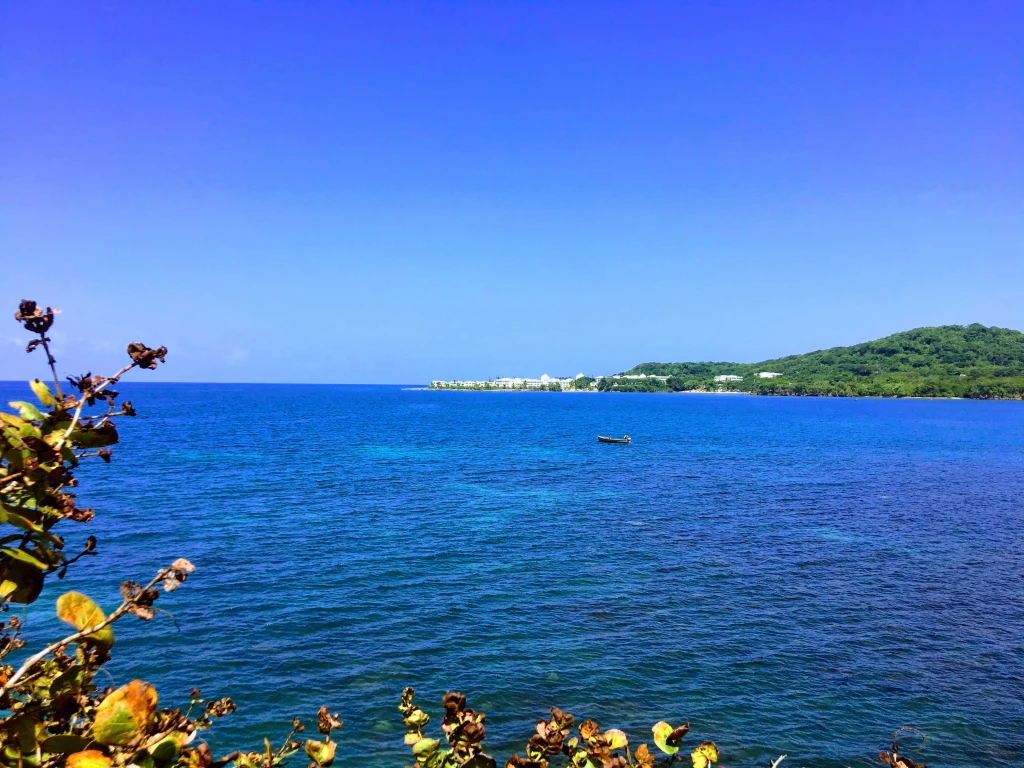There are days when I feel like a balm in Gilead and then there are days when I feel like a band-aid on a diabetic foot. On days like those, when my best intentions butt up against the machinery of social injustice like a very small recalcitrant cog in a very large and impersonal wheel, on those days I dream a little dream about the kind of system I want to work in, and the kind of care I want my patients to receive.
In my dream, healthcare is widely acknowledged as a fundamental right. Instead of flexing their defense budgets, countries flex their high life expectancy and superb quality of life. Within governments across the world, health and wellness ministries get the lion’s share of resources because without them people would literally die. This includes ministries responsible for food, housing, water and electricity so that people can eat with clean hands in safe dwellings and store food in healthy ways.
In my dream, we preach and practice the bio-psycho-social model of health by recruiting and training a large cadre of mental health and social health professionals, alongside nurses, doctors and pharmacists. Mental health isn’t stigmatized, it’s a routine part of formal education (along with gender and cultural studies) from the kindergarten level onward.
In my dream, no one struggles to pay for healthcare because there’s no such thing as ‘payment’ for a service that is essential to human well-being. Healthcare providers are treated with dignity and respect by their employers, who understand the traumatizing nature of the work they do and encourage them to take care of their own health. This way they do not fantasize about migrating with their expertise to work in more lucrative environments. We retain enough healthcare providers of various disciplines so there are no long waits for non-urgent care. We have enough equipment and people to maintain the equipment because management no longer believes in quick fixes and ignoring a problem until someone else has to deal with it.
Patients can wake up at a sensible hour and easily travel to their nearest health facility, because it is always less than an hour away. They can visit their provider, do their investigations and fill their prescriptions on the same day. Language interpreters are available, bathrooms are gender-inclusive and all facilities are accessible for persons with disabilities.
Because providers take the time to explain complex treatment regimens with patience and empathy, patients take an active role in their healthcare and don’t only worry about their health when they get sick. Because there is close communication between primary and secondary healthcare providers, treatment interventions are oriented around the patient, their family and community, instead of a rigid hierarchy. We change our model of medical education to prioritize prevention, primary care and public health instead of obscure diagnoses and competitive sub-specializations, recognizing that these are necessary things but the vast majority of medical graduates will not become pediatric neuro-oncologists.
I dream a dream where even in the tiniest clinic in the furthest district beyond the last streetlight a midwife or a health inspector or a community aide has the power to change a system that perpetuates the very conditions we try so hard to treat. Instead of feeling like a useless band-aid, doomed to watch the wound fester and never heal, I hope we can reach for the idea that there is a better way.
When we feel like things can change,
we might actually
try
to
change
them.
And then, who knows what might happen? This is the part where I always wake up, shake the sleep from my eyes and get back in the arena to fight. Another day of being balm and band-aid, the believer and the battle cry. Another day to dream and press on, to make the dream come true.
.
Featured Photo credit: Luis Villasmil on Unsplash


